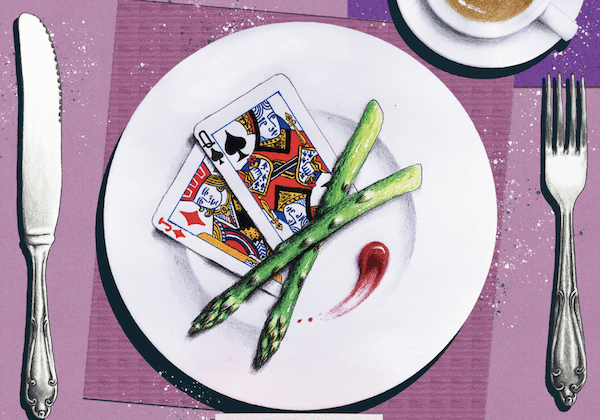The world can often seem full of destruction and despair. Some of it is, but most of it is not. The vast majority of people live ordinary lives and die ordinary deaths. We live in the most peaceful time in human history, when only a fraction of one per cent of global deaths annually are due to conflict and terrorism. Pandemic excepting, global poverty has been on a continuous downward trend for decades. The world is more literate, educated and longer-lived than it has ever been. On the numbers, there has never been a better time to be alive.
Numbers, of course, never tell the whole story. They cannot heal a parent’s grief or repair a shattered life. But they do tell us an overarching story of change which gives us reason to hope. Humanity has a tendency to scrape by with just the bare minimum, but it does scrape by. These trends are not cause for complacency, but they should warn us against despair. Resignation about the state of the world is as counterproductive as it is ahistorical; defeatism serves only to entrench the status quo. It is through the quiet work of millions that change slowly, but inexorably, occurs.
One of Honi’s best qualities is that it features stories of the curiosities found in the mundane, and the goodness of the people around us. If you look close enough, the smallest niche can tell you about the whole world. These are the features of life we often forget, but which can remind us of the value of exploration, the fundamental decency of our fellow human beings and the beauty of a planet we too often take for granted.
The esotericism of a David Jones service station can become a life-changing obsession, as Griffin Cant (p.19) explains to us. The search for the optimal routes across campus transforms every walk to class into an adventure (p.14).
Oscar Chaffey’s excellent feature this week (p.12) traces the troubled recent history of the Faculty of Medicine and Health, which has suffered under lab evictions, job cuts and callous managerialism. As someone who lost their home in the Anderson Stuart building, and then their job, to these changes, I am glad that the cruel treatment of Faculty staff and students has been brought to light. Yet even here, Kelton Muir de Moore’s words in Oscar’s article stand out to me, describing the collegiality among Faculty members that was strengthened, even in the face of relentless pressure.
It’s worth fighting to preserve the good in the world, but never forget that it remains there, even if you can’t always see it.
See you after the break.
Sam





